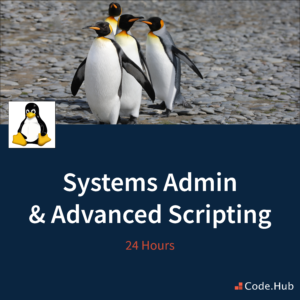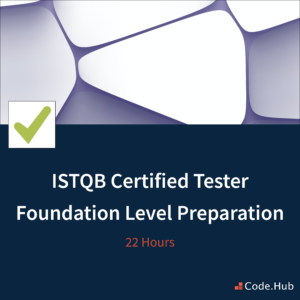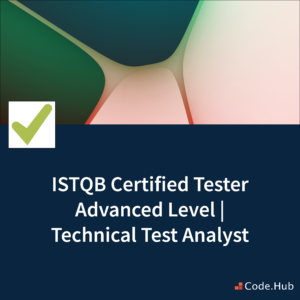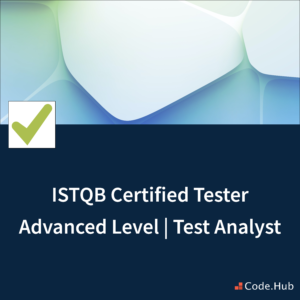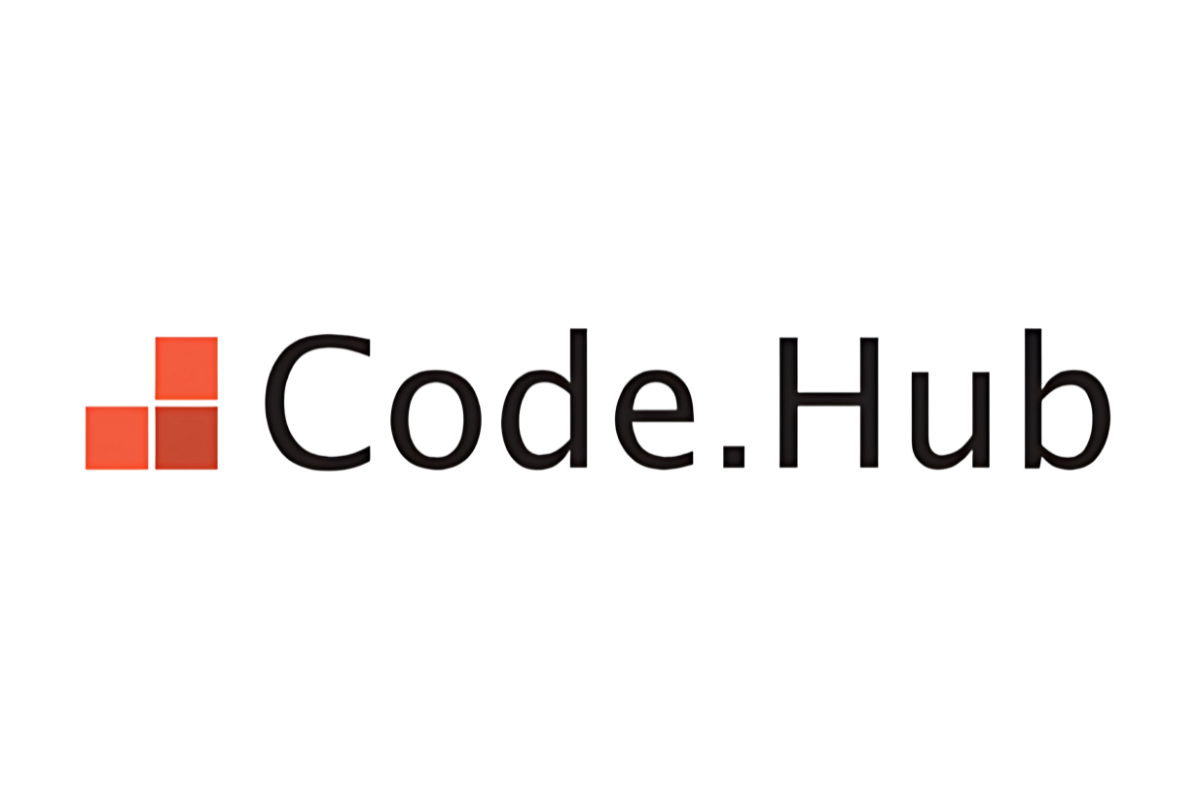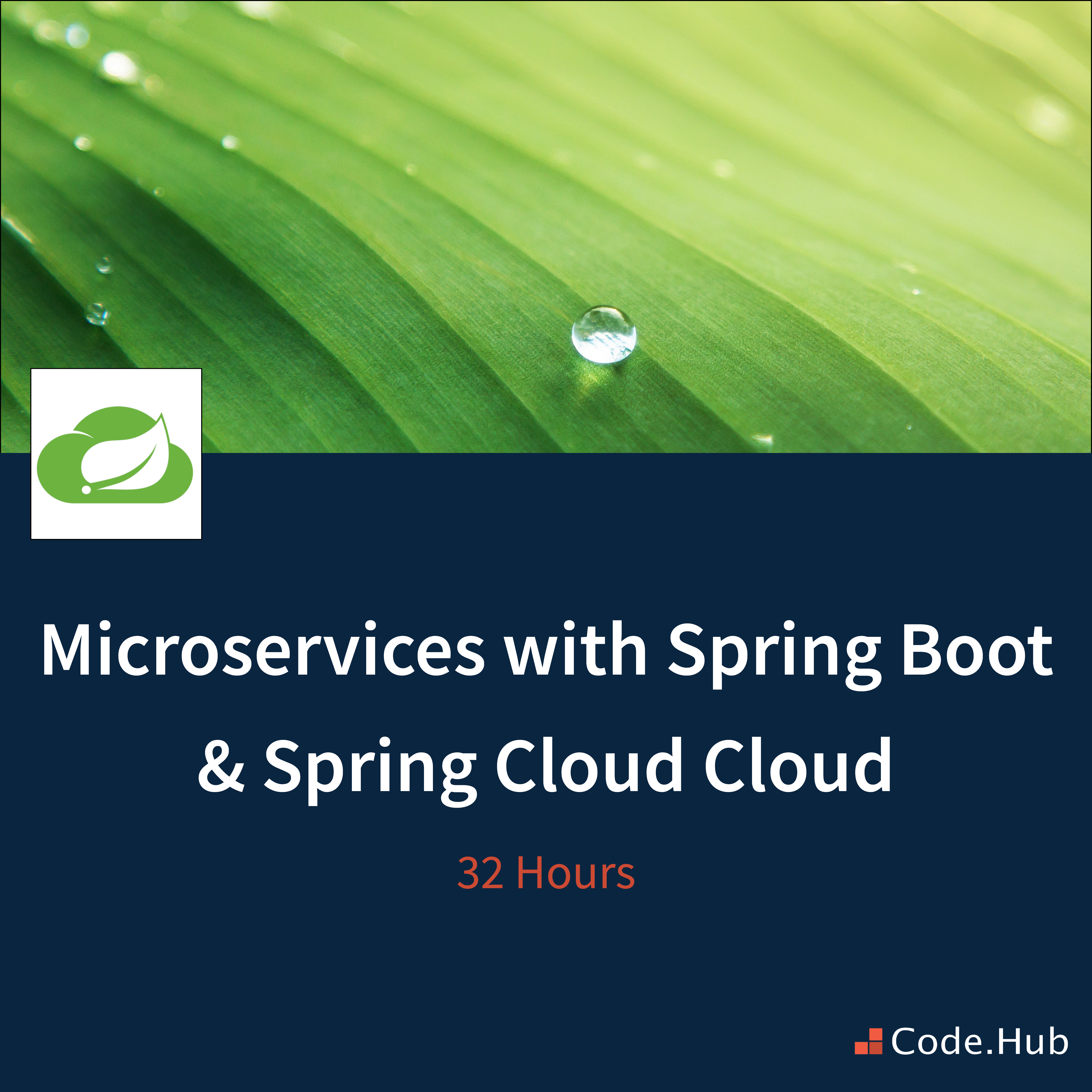
Microservices with Spring Boot & Spring Cloud
Description
Spring Boot extends Spring framework by making it easy to set up and configure new projects. Intended specifically for distributed architectures such as microservices, Spring Cloud provides ready-to-use solutions for common problems such as configuration management, service discovery, circuit breakers, intelligent routing, micro-proxy, control bus, one-time tokens, global locks, leadership election, distributed sessions and cluster-state. Spring Boot & Cloud is an ideal combination for the creation of microservices architectures in Java-based environments.
This Code.Learn Microservices with Spring Boot & Spring Cloud program, designed in exclusive collaboration by Athens Tech College, provides a solid and to-the-point introduction to Microservice design and development with Spring framework, Spring Boot and Spring Cloud. Participants will be taught how to use Spring to easily implement functionalities like dynamic scaling, load balancing, dispatching, centralized configuration and resiliency. By the end of this course, participants will have gained all the necessary knowledge to build microservices using the best practices and minimizing development time by maximizing their use of Spring’s resources.
Key Objectives
The key learning objectives of this program can be summarized as follows:
- Introduction to Microservices
- Definition of Microservices
- Introduction to Microservices
- Comparison of Microservices against monolithic approaches (pros & cons)
- Why Spring Boot is so popular for this scope
- Brief overview of key architectural components: API Gateway, Service Discovery, Centralized Configuration Server, Load Balancer
- Domain Driven Design, different type of classes
- Software Architetural Layers
- Mapping Frameworks and how they can assist us in a μs landscape
- Different communication approaches and rules
- Case Study: Monolith Application Transformation to a Microservice Architecture
- Hands on practice with all microservices up and running
- Lab time: Extend existing microservice-based architecture by introducing new services
Target Audience
Higher education graduates in one of the following fields:
- Computer Science
- Ιnformatics
- Software Engineering
- Web and Mobile Development
- Computer Engineering
- or any other relevant area
Prerequisite Knowledge
Some familiarity with Git, Java and Spring will be beneficial.
Classroom
Sessions can be carried out:
- Live in a physical classroom
- Live online through video conferencing environments
- Using a Hybrid combination of both live physical and online approaches
The teaching method will depend on the conditions at the time the training will run and on the participants’
preferences.
- PREMISES: Code.Hub Training Center Leof. Alexandras 205, Athina 115 23

